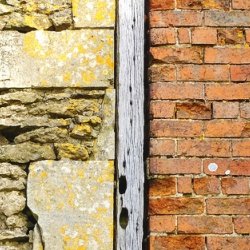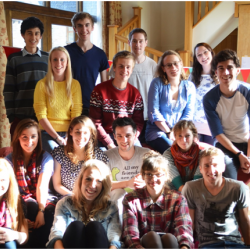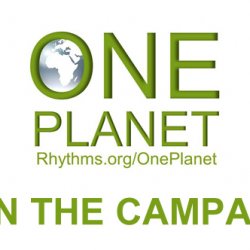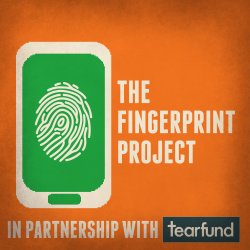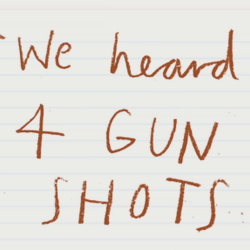
From my bedroom window, I can see the building site for a house.
Aside from some awkward moments involving me, some bad dancing, open curtains and builders, it’s been fun watching the progress from foundations and scaffolding to a roof and the anticipation of windows. Often when we think of the story of a house, it begins when people live in it, making memories – but actually the story is much longer than that. It includes the careful placement of each brick, and, before that, this house was just an idea – a recognition of a need – that became a commitment which wouldn’t give immediate returns, but would one day reap a profit.
I’ve found that living justly is a bit like that. It starts with an idea, a recognised need, and has to make the journey from the head space of ‘wouldn’t it be great if…’ to ‘I am going to seek change.’ And then the bricks come, one by one. Another pound given, another name on a petition, another moment of selflessness. It’s hard to see progress, but we commit, because the rewards will be huge.
While I’ve been watching this house, I’ve been working on a project of my own. Its story starts years ago, when I was introduced to three refugee teenagers from the Democratic Republic of Congo, who then became part of my family. I learnt about their country. I heard the words ‘child soldier’, ‘mining’ and ‘rape’. I felt out of control, helpless. I can give money to build a well, but how can I help stop war?
I’d been shown a need. The idea came when I heard the words ‘conflict minerals’ – more specifically, Tin, Tungsten, Tantalum and Gold. I have a phone, so I use them every day. The DRC is one of the most mineral rich countries in the world, but its people don’t experience the benefits. Instead, militia groups control around 50% of mining sites – using the extraction and trade of minerals to fund the brutalities of a war which has killed and displaced millions of people.
What if technology companies changed their mineral suppliers? What if public pressure meant they had to? The US government has brought in legislation demanding supply chain transparency. Surely the UK could meet the same standard!
Now for the bricks. Now you come in. Will you sign your name? Maybe this house won’t be complete for a while, and maybe your part in it will go unnoticed – but a house of justice will be built, and I pray that one day we’ll see the profits. I pray one day we’ll see peace.
Hannah, 22, Cambridge Uni is an Emerging Influencer with Tearfund Rhythms. You can sign her petition here http://village.rhythms.org/noticeboard/congo-on-the-line-petition/ and join the Facebook group here: https://www.facebook.com/congoontheline



